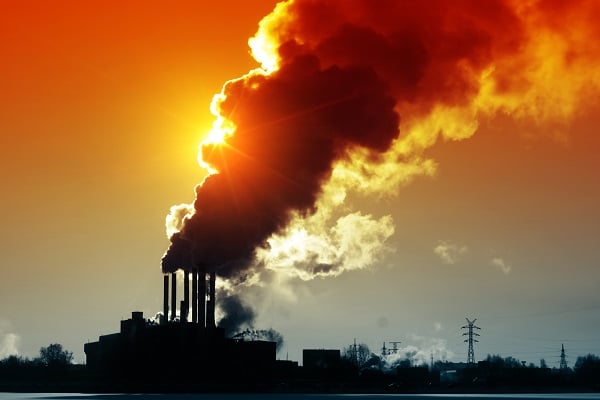Global warming. File photo
The United Nations Intergovernmental Panel on Climate Change (IPCC) says immediate steps need to be taken to address global warming.
The panel’s position was contained in a statement on a report titled, ‘Climate Change 2022: Mitigation of Climate Change’, which was released on Monday.
The report is the third of the IPCC’s sixth assessment report (AR6), which will be completed in 2022.
Hoesung Lee, IPCC chair, said whatever decision is made now will determine if the world can secure a livable future.
Advertisement
He said more efforts need to be made globally in terms of policies and regulations that can support emission reduction.
“We are at a crossroads. The decisions we make now can secure a liveable future. We have the tools and know-how required to limit warming,” he said.
“I am encouraged by climate action being taken in many countries. There are policies, regulations and market instruments that are proving effective. If these are scaled up and applied more widely and equitably, they can support deep emissions reductions and stimulate innovation.”
Advertisement
Jim Skea, IPCC working group III co -chair, said “it’s now or never, if we want to limit global warming to 1.5°C”, adding that without immediate and deep emission reductions across all sectors, it will be impossible to achieve this feat.
On his part, Priyadarshi Shukla, IPCC working group III co-chair, said the right policies, infrastructure and technology can enable changes to lifestyles and behaviour that can result in a “40-70 percent reduction in greenhouse gas emissions by 2050”, as well as improve health and wellbeing.
According to the statement, the IPCC said some solutions to limiting warming will include: recycling, reinventing the power sector and adopting land use practices like agriculture and forestry.
“Reducing emissions in industry will involve using materials more efficiently, reusing and recycling products and minimising waste,” the statement reads.
Advertisement
“This sector accounts for about a quarter of global emissions. Achieving net zero will be challenging and will require new production processes, low and zero emissions electricity, hydrogen, and, where necessary, carbon capture and storage.
“Agriculture, forestry, and other land use can provide large-scale emissions reductions and also remove and store carbon dioxide at scale.”
Add a comment






